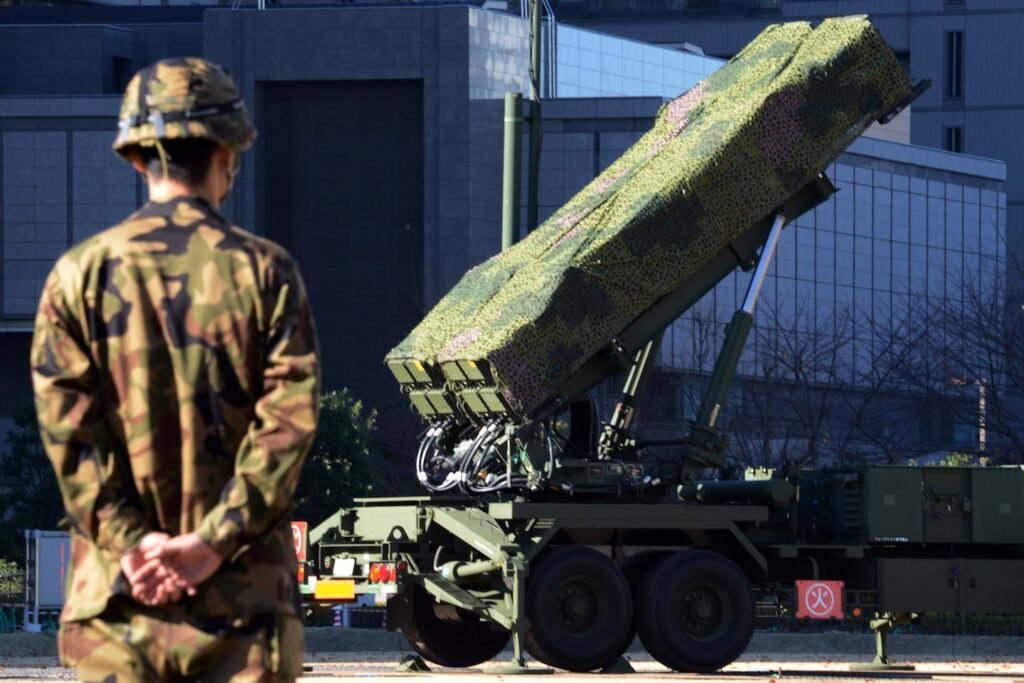More than 150 years later, new and grand changes are underway, and Japan sees its role in the world as upholding universal values and defending an international order based on the rule of law.
The war in Ukraine has undermined the international order. European and Indo-Pacific security are inseparable, and other developments in the Indo-Pacific currently threaten the international order. Japan is facing the toughest security situation since World War II due to increased military capabilities including nuclear weapons and missiles, cross-border cyberattacks on critical civilian infrastructure, unilateral attempts to change the status quo in the sea and air, and information warfare. placed in a security environment.
In light of this difficult situation, Japan has decided to formulate a new national security strategy in December 2022 and drastically strengthen its defense capabilities. Under the leadership of Prime Minister Fumio Kishida, who is visiting the United States this week, Japan’s ministries and agencies, sometimes criticized for operating in self-contained silos, are now working closely together to reinvent themselves for a new era. There is.
It has been a long-standing fact that the Japan-U.S. alliance is the cornerstone of Japan’s security policy, but at the same time Japan is fully committed to its own defense. Japan will take the necessary steps to spend 2% of its gross domestic product on defense initiatives, up from 1.2% two years ago. In fact, Japan’s defense budget for fiscal 2024, which was passed after intense debate in the Diet at the end of March, has increased by approximately 50% compared to fiscal 2022.
We are reshaping not only the size of our defense budget, but also how we spend it. Japan’s decision to acquire counterattack capabilities to deter armed attacks was a historic step for our country. Japan will acquire the Tomahawk Land Attack Missile System (TLAM) with cooperation from the United States. By leveraging standoff defense capabilities, including TLAM, Japan would be able to strengthen its missile defenses while mounting effective counterattacks to prevent further attacks.
We are also updating domestic rules regarding security policy. Since the 1970s, Japan has refrained from promoting arms exports, regardless of destination. However, as security challenges worsened, this policy proved increasingly inadequate.
Japan has paved the way for the transfer of a more diverse range of defense equipment, including fighter jets jointly developed with other countries. In December, Japan chose to transfer Patriot missiles to the United States to replenish American inventories. This policy change will help create a desirable security environment for Japan while maintaining its firm and consistent position as a peace-loving nation. At a time when production lines are significantly strained in many countries, Japan will likely explore possibilities to assist allies and like-minded countries in this area.
Japan will expand the scope of its national security efforts to the economic sector to strengthen the resilience of supply chains, strengthen the management of critical technologies, and more effectively prevent the unintentional transfer of advanced technologies to other countries. It has also expanded to And we intend to strengthen internal security protocols related to economic security by introducing security legislation, which will also enable us to further deepen our cooperation with other countries.
The threat of cyberattacks is rapidly increasing. The Kishida administration is also preparing necessary legislation to strengthen defenses against cyberattacks and establish a new cybersecurity organization with strong resources and strong authority.
Our efforts should not be misunderstood. Our goal is to strengthen deterrence and create space for genuine dialogue with countries and regions, including authoritarian regimes. Prime Minister Kishida’s visit to the United States this week will be a historic opportunity to highlight Japan’s commitment to improving the security environment and strengthening a free and open international order based on the rule of law.

